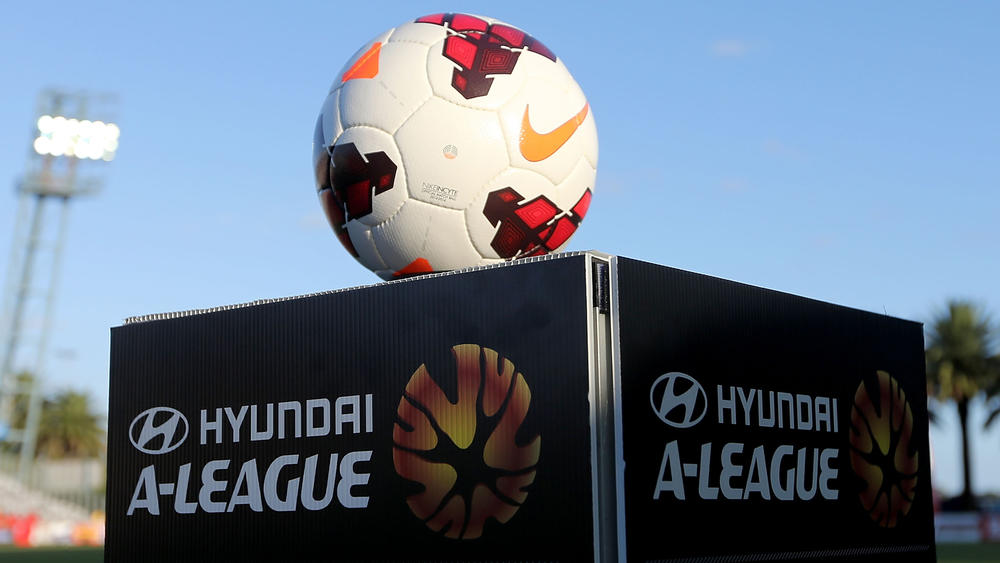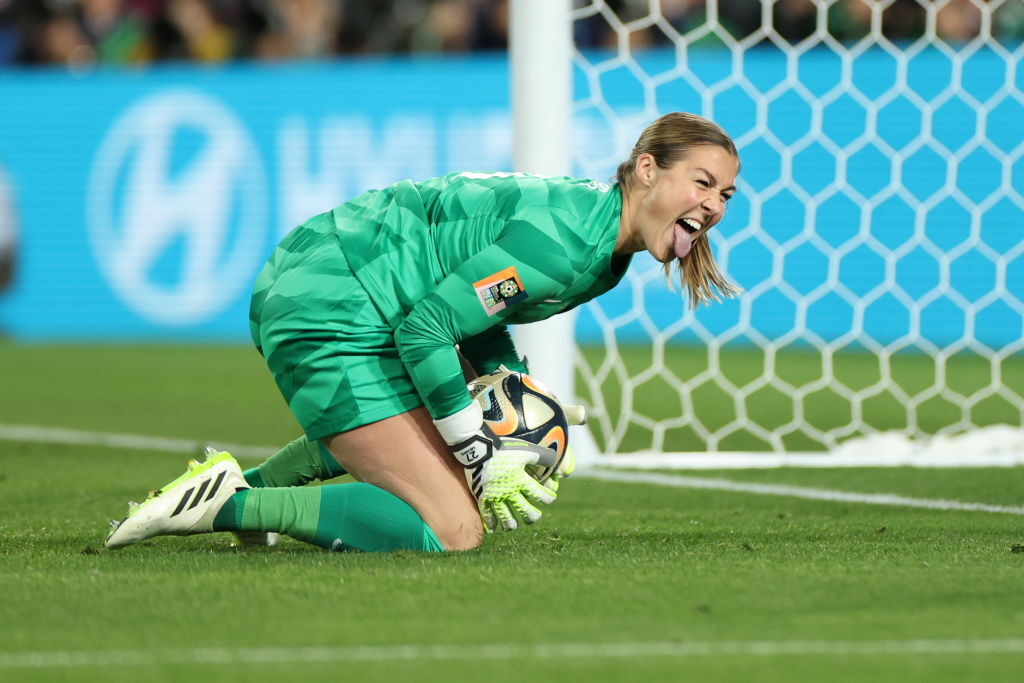PFA plays down strike fears
A strike is a long way down the track in Australia despite an agreement between the governing body and players' union yet to be struck.

Professional Footballers Australia (PFA) chief executive Adam Vivian played down a potential strike action as the body's relationship with Football Federation Australia (FFA) continued to deteriorate.
Collective bargaining agreement negotiations between FFA and the PFA have broken down, with the previous deal having expired in June.
The PFA on Wednesday claimed FFA was no longer recognising it, but the governing body rejected that.
It led to suggestions the players may strike, but Vivian said that would only be an option a long way down the track.
"In terms of strike, I know that's where people naturally gravitate towards, that's a lot further down in the process. That's not where we go," he told SEN.
"We don't just turn around and right there's no more FFA Cup or anything like that. That's not the case. That's a lot further down the process.
"When we explore industrial options, there are a lot of other avenues to go down before you get to strike. Strike is really at the end of the process.
Get FourFourTwo Newsletter
The best features, fun and footballing quizzes, straight to your inbox every week.
"To be fair, if we end up in that, there's a real fundamental breakdown in the relationship which you've really got to question whether or not it can be repaired if we get to that level."
Vivian also provided some detail into two sticking points of the negotiations – payments to the men's and women's national teams and the revenue sharing model.
He said Asian Cup champions the Socceroos had been offered a huge pay cut.
"The Socceroos were offered a wage deduction, a real wage deduction, for the life of any future deal and obviously on the back of quite considerable success," Vivian said.
"They were offered a 1.9 million [Australian dollars] pay cut over the term of the six years."
Vivian also offered detail into the revenue sharing model which has been part of negotiations.
He said the players had agreed to a 30 per cent share, but FFA was unwilling to put the deal on paper.
"The modelling that was presented to the players by FFA delivered approximately 30 per cent, which is what the players were wanting to sign off on," Vivian said.
"The players then turned around and said, 'We understand that and we appreciate that, let's contract to that' and that's when the negotiations broke down.”
